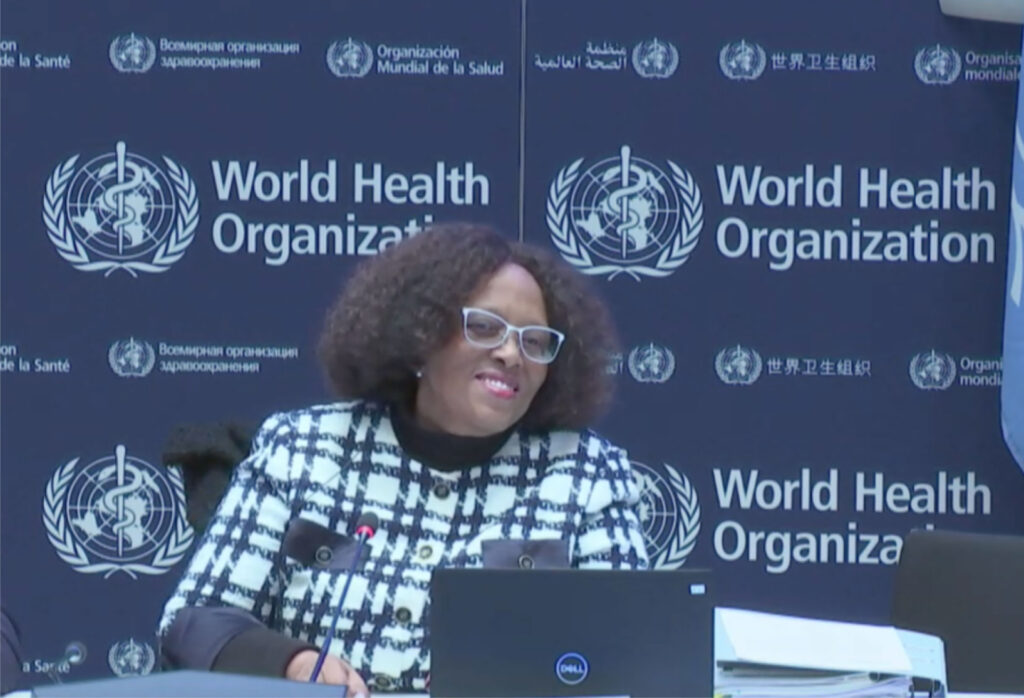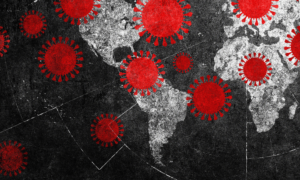This week, WHO member states enter a final two weeks of negotiations for a new Pandemic Agreement. The Bureau of the Intergovernmental Negotiating Body (INB) released a revised draft, which will serve as the foundation for text-based negotiations. The latest draft of the pandemic instrument builds on previous proposals discussed during INB7 and INB8.
The draft repeatedly highlights the importance of ensuring equitable access to medical products, listing various provisions for preparedness, production, technology transfer, WHO Pathogen Access and Benefit-Sharing System (PABS), supply, and procurement. However, it also imposes burdensome obligations on developing countries, exacerbating the prevailing disparities.
Some key concerns around the revised draft include:
- Surveillance Obligations: The document expands surveillance requirements, moving beyond public health surveillance to include monitoring of emerging pathogens in animal populations. This shift alters the nature of surveillance, placing significant obligations on developing countries.
- Information Sharing: Obligations for information sharing lack effective data governance, potentially leading to the sharing of sensitive data without adequate safeguards or oversight.
- Conversion of Guidelines to Legal Norms: The draft proposes implementing non-negotiated standards and guidelines as legal obligations, potentially forcing countries to adhere to standards they had no role in shaping.
- Reliance on Multistakeholder Initiatives: The document heavily relies on unregulated multistakeholder initiatives, without ensuring transparency or accountability in these partnerships.
- Access to Health Products: The draft fails to guarantee access to health products and technologies, maintaining a business-as-usual approach without mechanisms for technology transfer or diversified production.
- Weak Access and Benefit Sharing System: The proposed PABS lacks mechanisms for fair and equitable benefit sharing, potentially disadvantaging developing countries.
- Sustainable Financial Assistance: While a financial mechanism is proposed, it lacks binding obligations for developed countries to provide resources, departing from established principles of common but differentiated responsibilities.
Critics argue that initiating text-based negotiations without addressing these fundamental issues risks perpetuating and exacerbating existing inequities. (Ramakrishan, 2024) They assert that the document, as it stands, lacks binding mechanisms of accountability, and fails to prioritize equity in pandemic prevention, preparedness, and response.
As Guilherme Faviero, Director of the AHF Global Public Health Institute at the University of Miami, notes, “In this final stage of negotiations, countries will be wise to remember that the absence of well-defined and binding mechanisms for accountability and enforcement threatens to undermine the very purpose for which the agreement is being signed. Mere handshakes in Geneva will not prevent another major global health disaster, nor keep countries from trampling over each other in future pandemics.”
In summary, the Revised Draft Negotiating Text has come under scrutiny for its perceived bias against developing countries. Concerns have been raised regarding surveillance obligations, information sharing, reliance on multistakeholder initiatives, access to health products, benefit sharing, and financial assistance.
The session, set to occur in a hybrid format at the WHO Headquarters in Geneva from March 18 to 28, marks the first time text-based negotiations will commence based on the revised draft. The INB Bureau aims to conclude negotiations before the 77th session of the World Health Assembly on 27 May.
References:
- WHO, 2024. Revised draft of the negotiating text of the WHO Pandemic Agreement A/INB/9/3. https://apps.who.int/gb/inb/pdf_files/inb9/A_inb9_3-en.pdf
- Cullinan, Kerry. “Finally, Pandemic Accord Negotiations Head for Text-Based Talks.” Health Policy Watch, 04/03/2024, https://healthpolicy-watch.news/finally-pandemic-accord-negotiations-head-for-text-based-talks/
- Ramakrishan, Nithin. 06/03/24 Third World Network Information Service Berhad. “WHO: Revised pandemic instrument text onerous, inequitable for developing countries.” https://www.twn.my/title2/health.info/2024/hi240306.htm












